Renting a semi-trailer is an essential consideration for businesses involved in logistics, transportation, and freight. The decision to rent rather than purchase can lead to significant operational advantages. However, understanding the costs associated with semi-trailer rentals is crucial. This guide dissects the various factors influencing rental costs and provides valuable insights for businesses looking to make informed decisions.
Factors Influencing the Cost of Renting a Semi-Trailer
The rental cost of a semi-trailer is not a one-size-fits-all figure; rather, it fluctuates based on multiple factors. Below are some key considerations:
| Factor | Description |
|---|---|
| Type of Semi-Trailer | Different types of semi-trailers (flatbeds, refrigerated units, dry vans, etc.) have varying rental prices. Specialized trailers typically cost more. |
| Rental Duration | Short-term rentals may have a higher daily rate compared to long-term leases, where monthly pricing arrangements can lead to cost savings. |
| Location and Market Demand | Urban areas with high demand often see elevated prices. Additionally, competition among rental companies can affect pricing in certain regions. |
| Age and Condition of Trailer | Newer trailers or those in excellent condition usually command higher rental fees than older, worn models. |
| Insurance and Extras | Additional coverage options, maintenance packages, and other amenities can increase overall costs. |
Types of Semi-Trailers and Their Costs
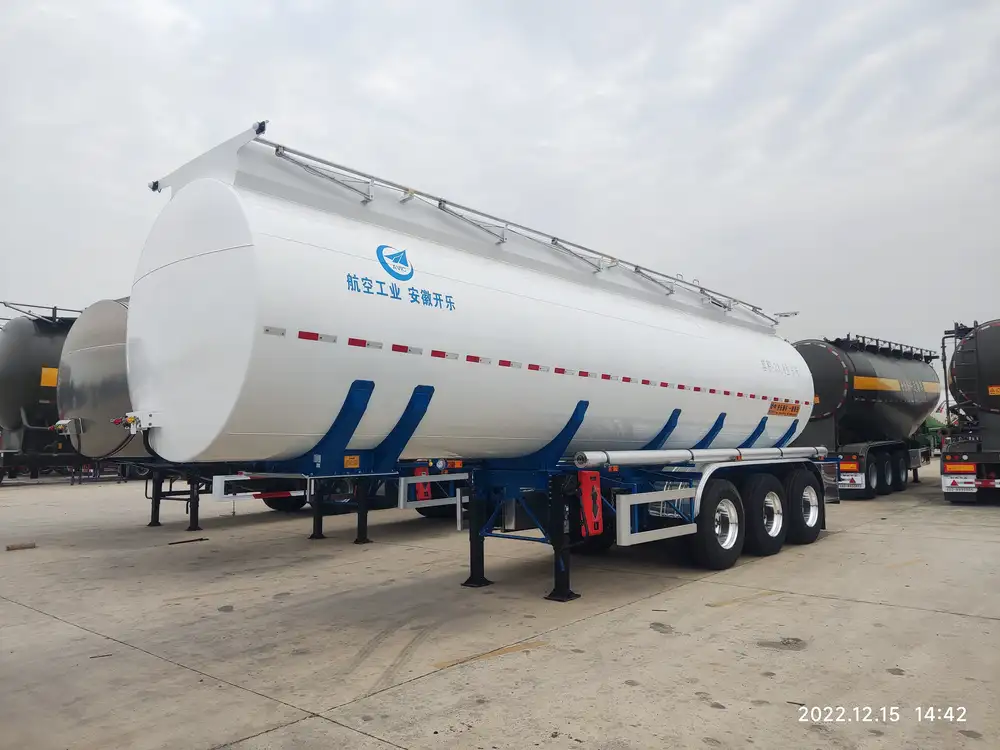
1. Flatbed Trailers
Flatbed trailers are versatile and commonly used for transporting construction equipment and large loads that don’t require protection from the elements. Rental prices typically range from $100 to $300 per day, depending on the trailer’s condition and location.
2. Refrigerated Trailers (Reefers)
Refrigerated trailers are essential for perishable goods. Their rental costs are significantly higher due to the added complexity of maintaining specific temperature conditions. Expect to pay around $200 to $500 per day.
3. Dry Van Trailers
These are enclosed trailers suitable for a broad range of cargo. The cost to rent a dry van typically varies from $120 to $350 per day. Factors such as trailer size and features (like air-ride suspension) can also influence pricing.
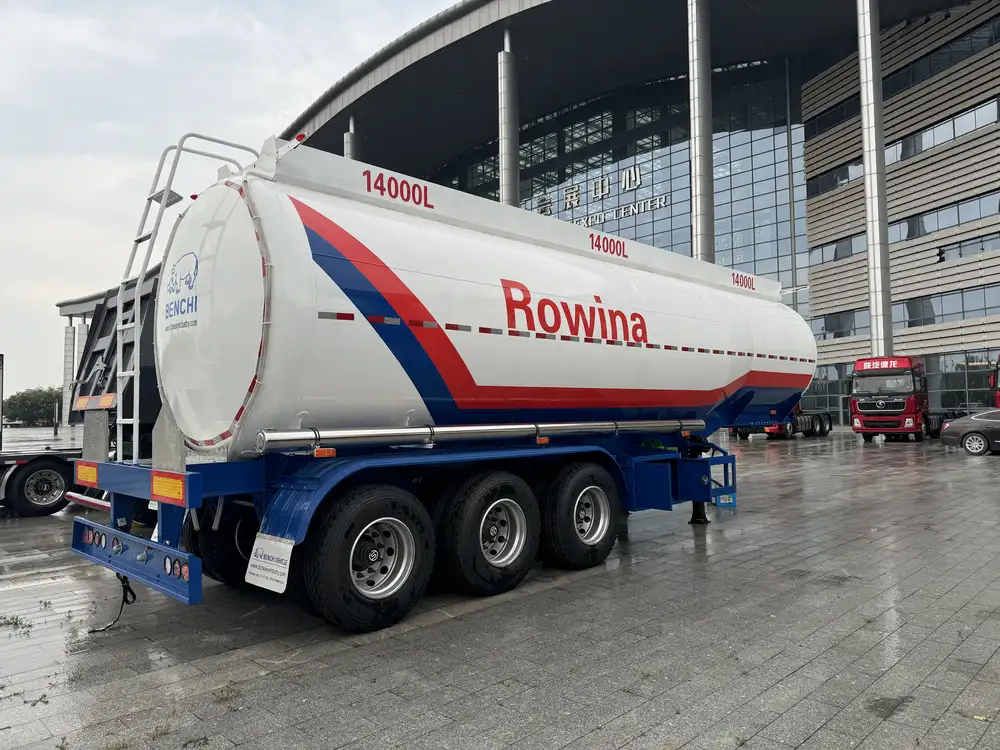
Understanding Additional Costs
Beyond the base rental price, various additional costs may impact your budget for renting a semi-trailer. Here’s a detailed breakdown:
Insurance Fees
Most rental companies offer insurance options ranging from basic liability to comprehensive coverage. Basic insurance might be included in the rental price, but comprehensive plans can range from $10 to $50 per day.
Mileage Fees
Many companies impose mileage fees if the rental exceeds a specific number of miles per day—usually between $0.10 to $0.50 per mile. Consider your trip distances when budgeting for rentals.
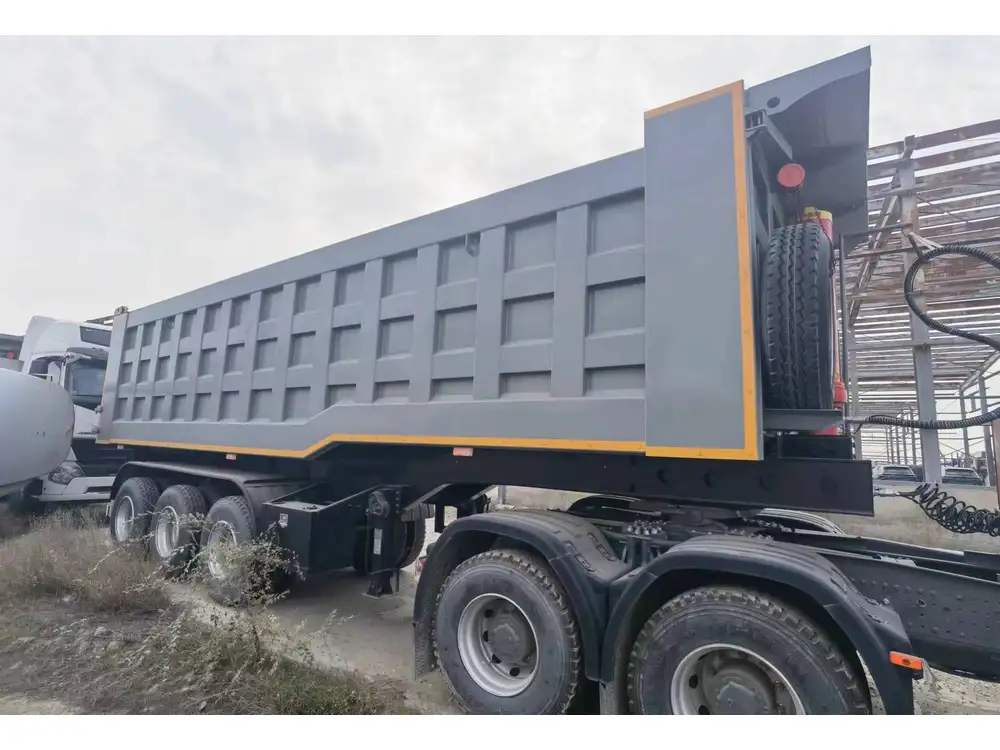
Fuel Costs
While most rental agreements expect the trailer to be returned with the same fuel level as when rented, additional fuel costs must be factored into your overall expense, especially for long-distance hauling.
rental Agreements: What to Look For
Rental Terms and Conditions
Be aware of all terms and conditions associated with your rental agreement, including:
- Daily/Weekly/Monthly Rates: Make sure to understand how your rental duration affects costs.
- Maintenance Responsibilities: Clarify who is responsible for what maintenance and the protocol for breakdowns.
- Cancellation Policies: Understand the rental company’s cancellation policies should your plans change unexpectedly.
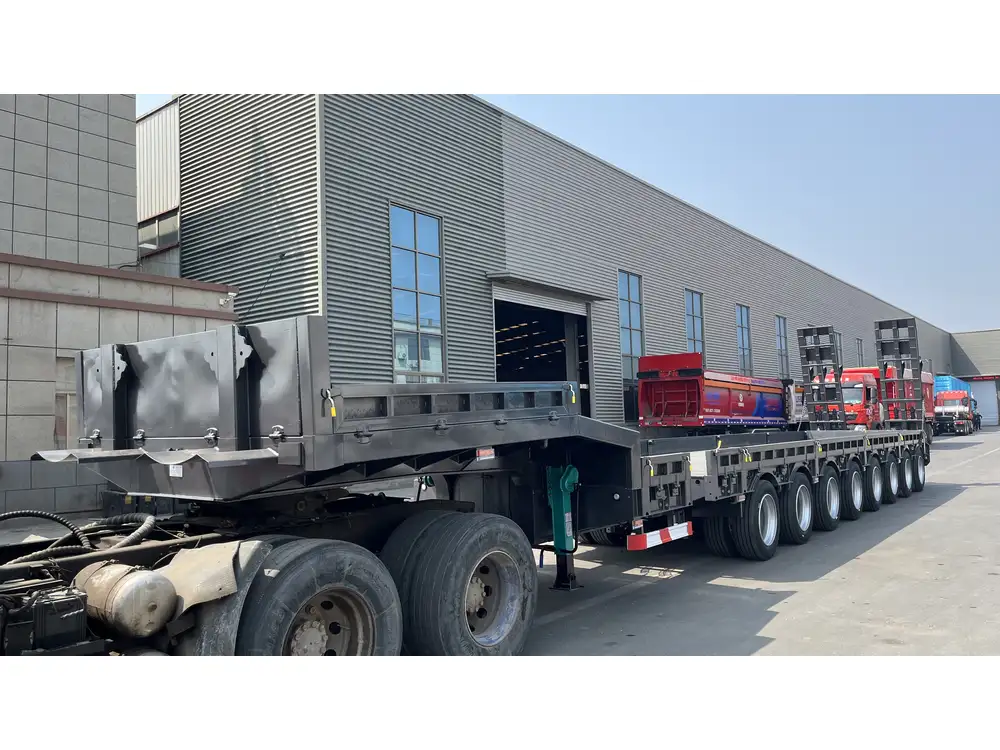
Hidden Fees
Always read the fine print to uncover any hidden fees. Common charges might include:
- Cleaning Fees: If the trailer requires excessive cleaning upon return, additional fees may apply.
- Late Return Charges: Always adhere to the agreed-upon return date; late returns can incur hefty fees.
Comparison of Rental Options
Different rental companies can vary significantly in terms of pricing and offerings. Below is a structured comparison of various providers you might encounter when searching for semi-trailer rentals.
| Rental Company | Flatbed Cost (per day) | Reefer Cost (per day) | Dry Van Cost (per day) | Mileage Fee | Insurance Fee |
|---|---|---|---|---|---|
| Company A | $120 | $250 | $150 | $0.25/mile | $20/day |
| Company B | $140 | $280 | $200 | $0.15/mile | Included |
| Company C | $100 | $300 | $130 | $0.30/mile | $10/day |
Case Studies: Real-World Examples of Semi-Trailer Rental Costs
To contextualize these costs further, let’s consider several hypothetical scenarios that illustrate how pricing might vary in different business environments.

Case Study 1: A Construction Firm
Scenario: A construction firm needs to rent a flatbed trailer for four months to transport materials to a job site.
- Rental Cost: $120/day x 120 days = $14,400
- Insurance Fee: $20/day x 120 days = $2,400
- Total Estimated Cost: $16,800
Case Study 2: A Food Distribution Business
Scenario: A food distributor requires a refrigerated trailer for a week to transport perishable goods across state lines.
- Rental Cost: $300/day x 7 days = $2,100
- Mileage Fees: Estimated at 250 miles = $0.25/mile x 250 = $62.50
- Insurance Fee: $50/day x 7 days = $350
- Total Estimated Cost: $2,512.50
Advantages of Renting a Semi-Trailer
When it comes to logistics, choosing to rent a semi-trailer offers numerous benefits, including:
Cost Efficiency: Renting eliminates the immediate financial burden of purchasing a semi-trailer, which can range from $30,000 to over $100,000 depending on specifications.
Flexibility and Scalability: Businesses can scale up or down based on seasonality or demand without the long-term commitment of ownership.
Access to Modern Equipment: Rental companies often maintain a fleet of newer models, ensuring that businesses can utilize the latest technology and safety features.
Reduced Maintenance Responsibility: Rental agreements typically shift the responsibility of maintenance and repairs to the rental company, freeing up resources for your business.
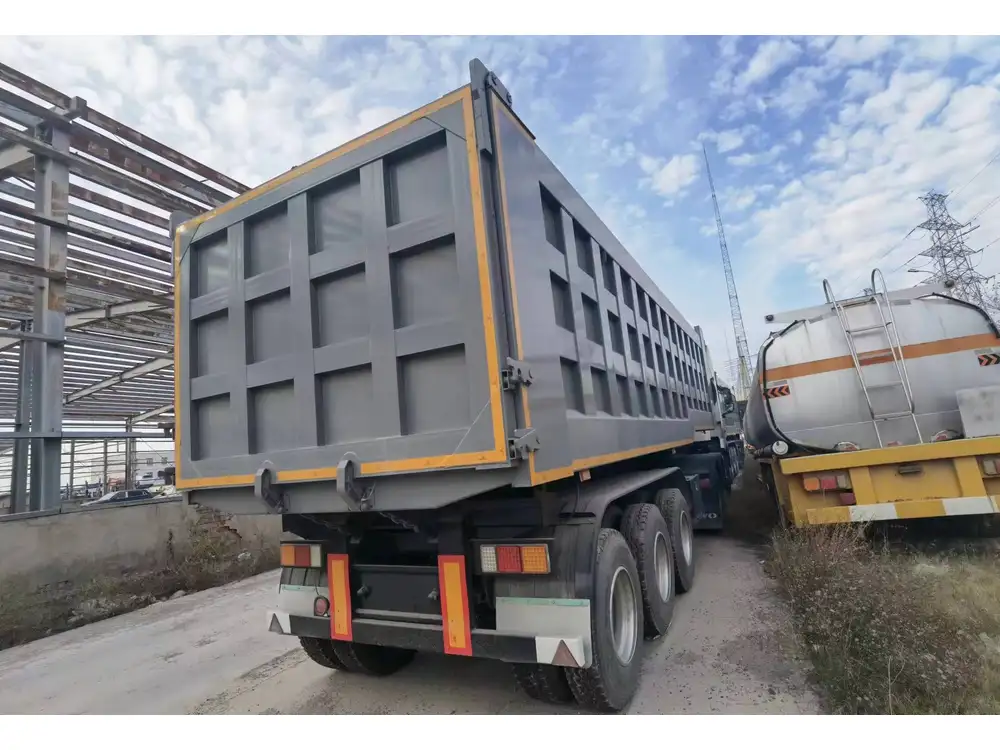
Conclusion: Making an Informed Decision
Understanding the factors influencing the cost to rent a semi-trailer is essential for making informed operational decisions. By considering the type of trailer, the duration of the rental, location-specific costs, and additional fees, businesses can effectively budget and strategize their logistics needs.
As the logistics landscape continues to evolve, ensuring precision in your semi-trailer rental approach isn’t just wise—it’s essential for maintaining a competitive edge. Let this guide empower you to navigate the intricate web of semi-trailer rentals, ultimately leading to cost-effective and efficient transportation solutions for your business.
FAQs
1. What is the average cost to rent a semi-trailer?
The average cost to rent a semi-trailer can range from $100 to $500 per day, influenced by various factors including the type of trailer and rental duration.
2. Are there any hidden fees associated with renting a semi-trailer?
Yes, potential hidden fees include cleaning fees, late return charges, and mileage fees. Always read the rental agreement’s fine print.
3. How can I reduce rental costs?
Consider longer rental periods for lower daily rates, negotiate rental agreements, and keep an eye on seasonal demand in your area.
4. What types of semi-trailers are available for rent?
Common types include flatbed trailers, refrigerated trailers, and dry van trailers. Each serves different logistics needs, impacting pricing.
5. Is insurance included in semi-trailer rentals?
Insurance policies vary by rental company; some may include basic coverage, while others charge separately. Always confirm beforehand.
Choosing to rent a semi-trailer can be a strategic move that drives efficiency and cost-effectiveness—provided you are equipped with the right knowledge and insights.



